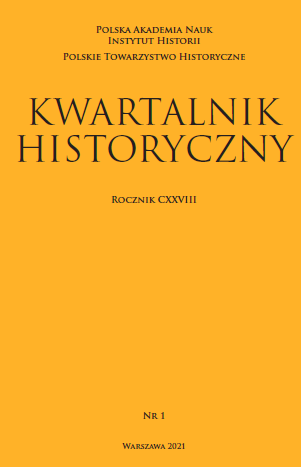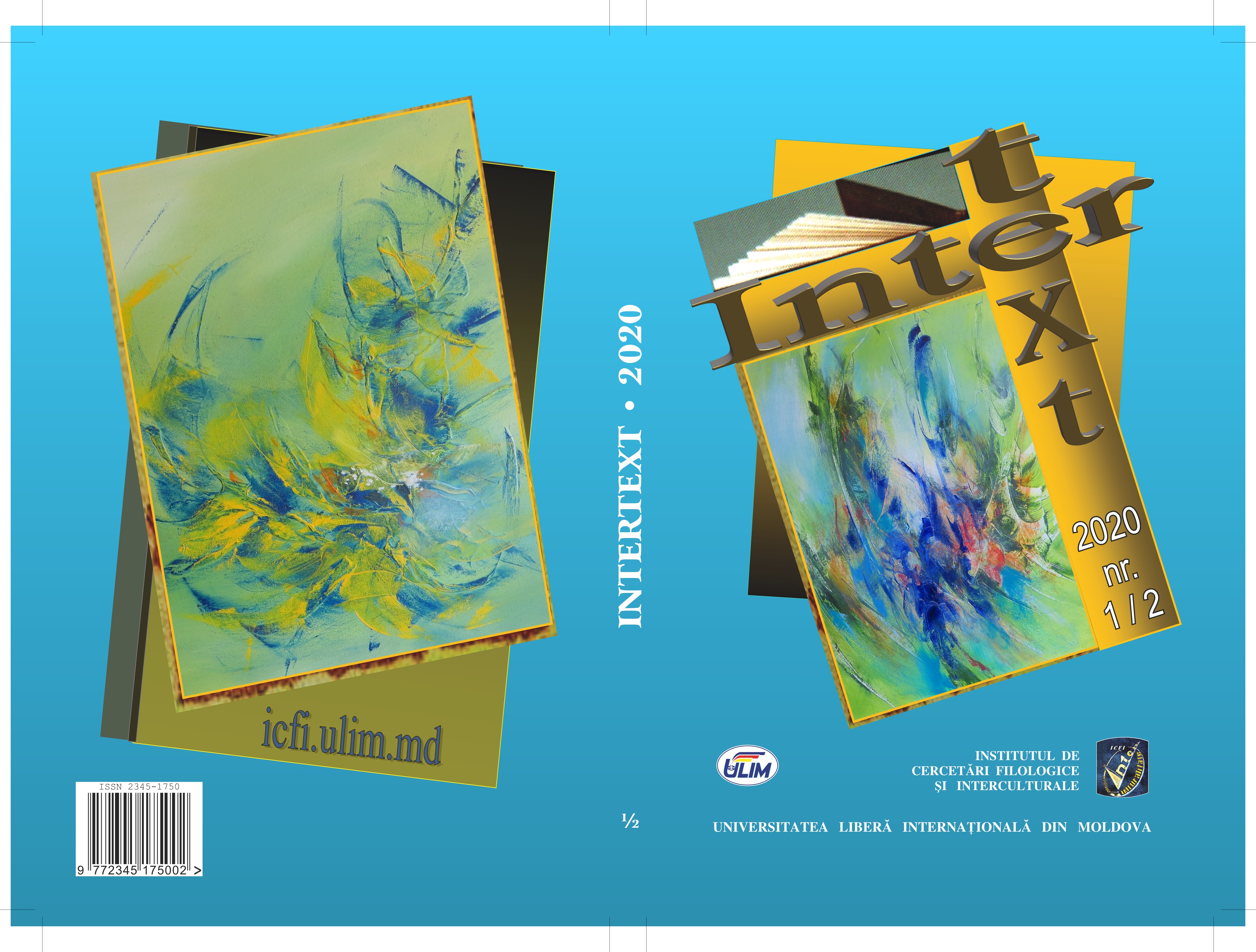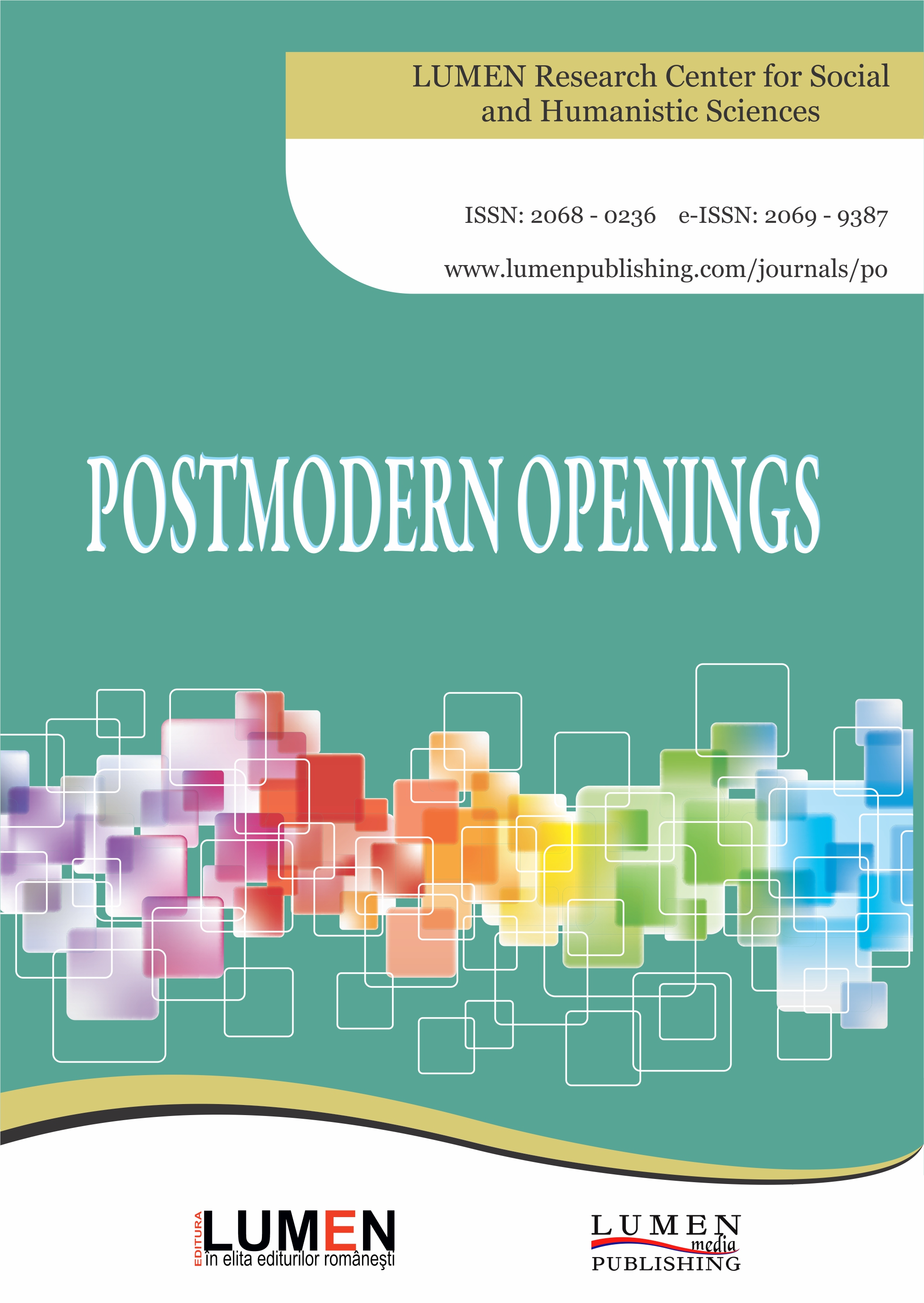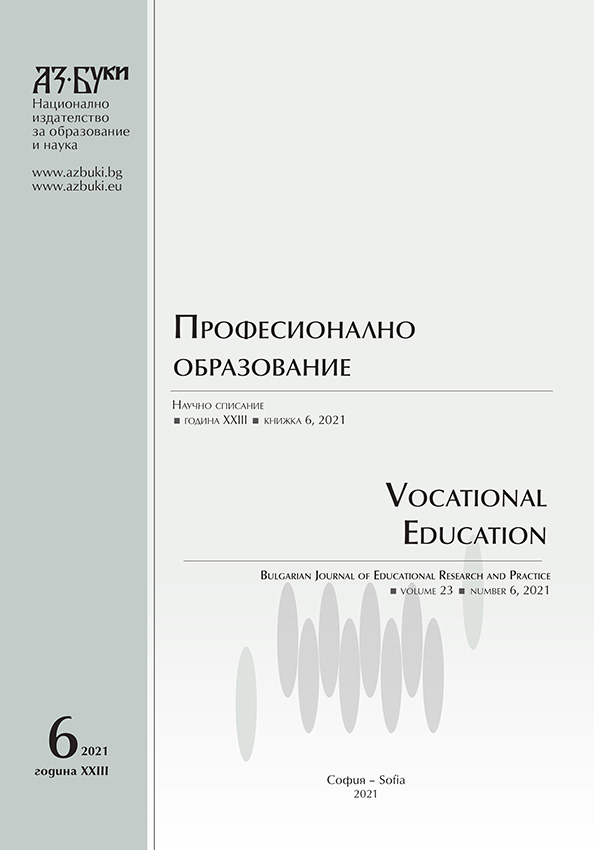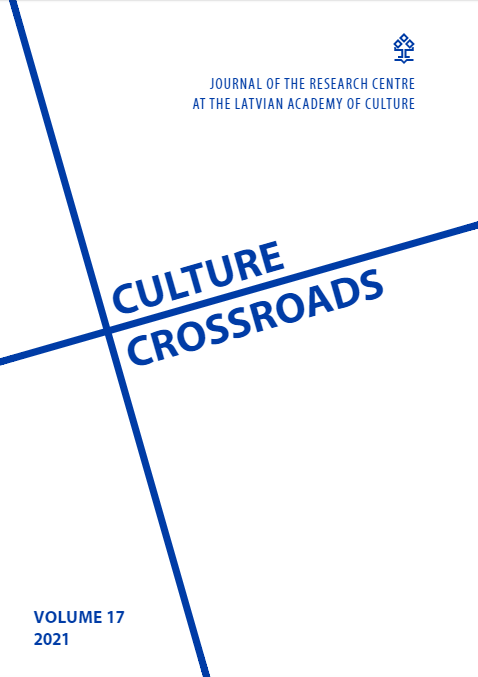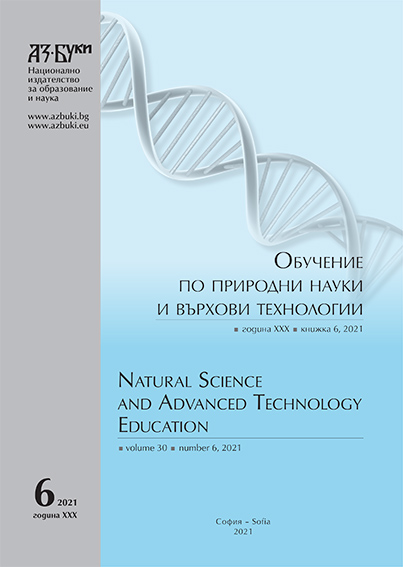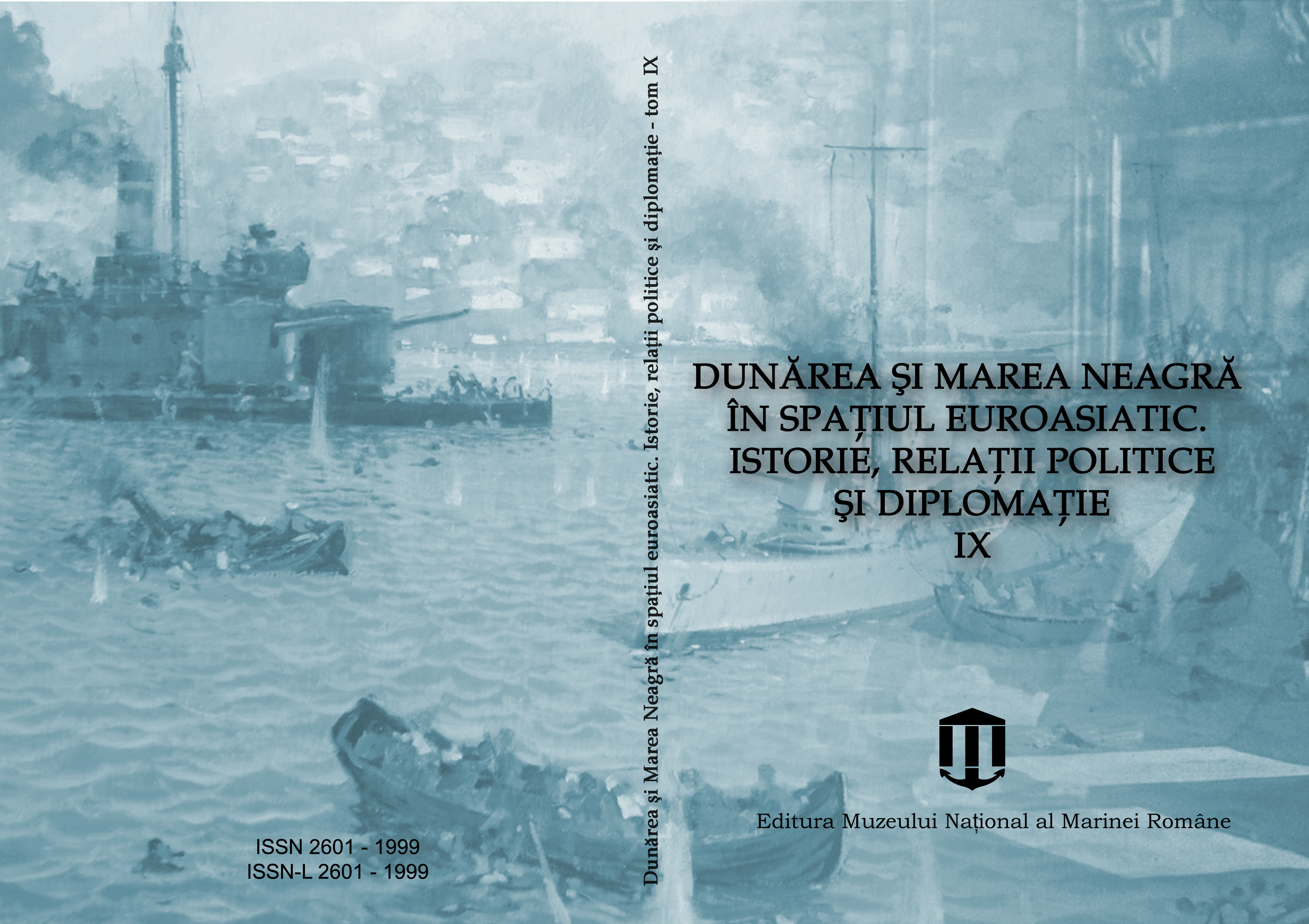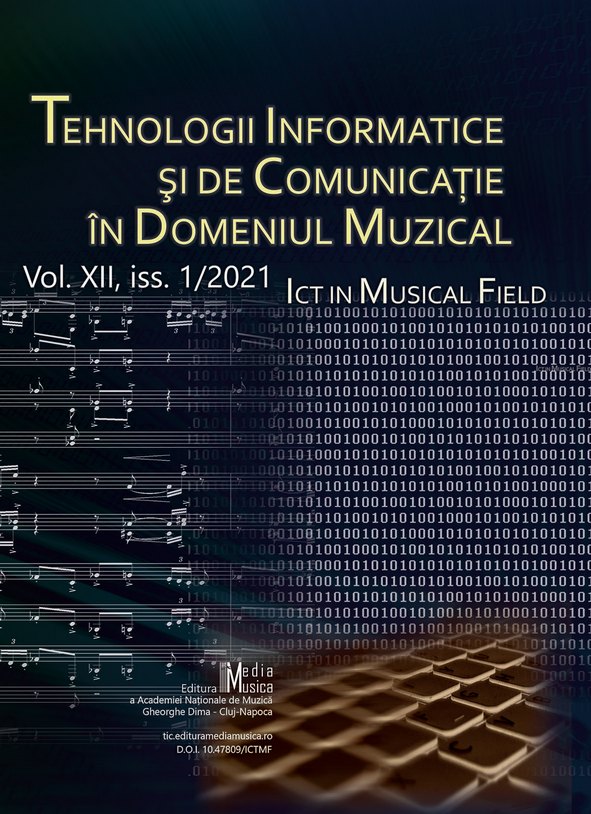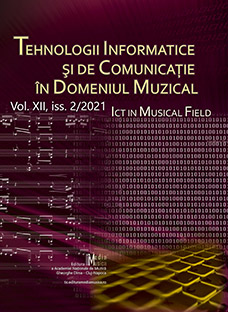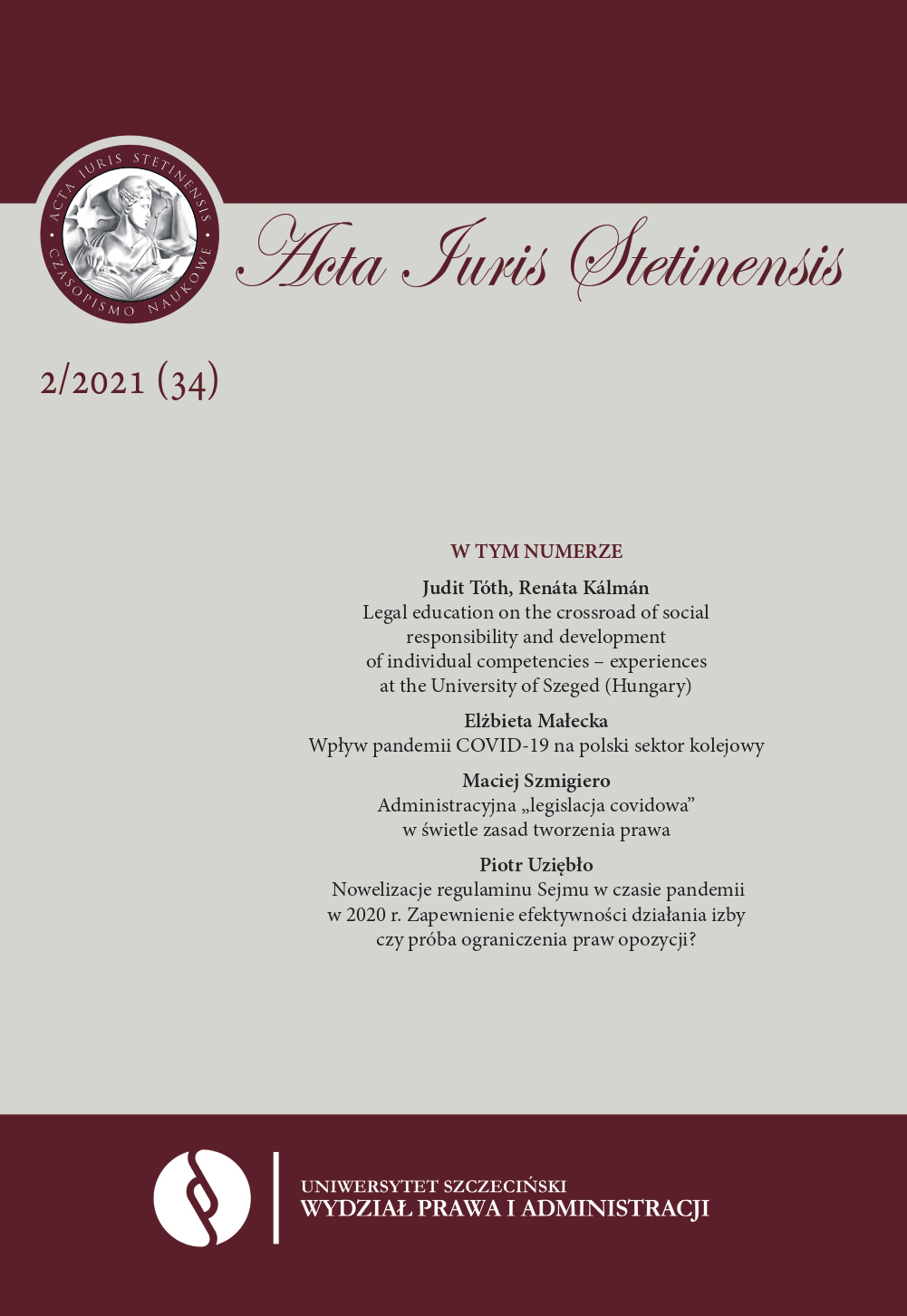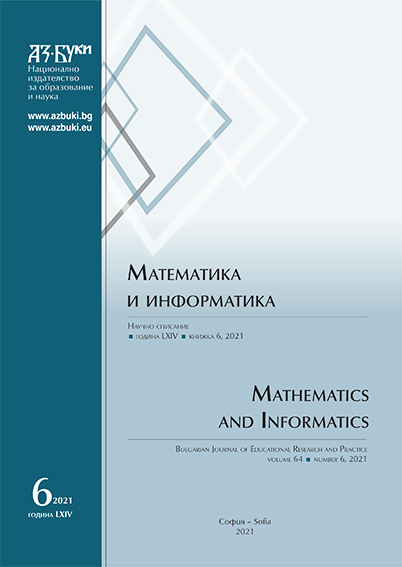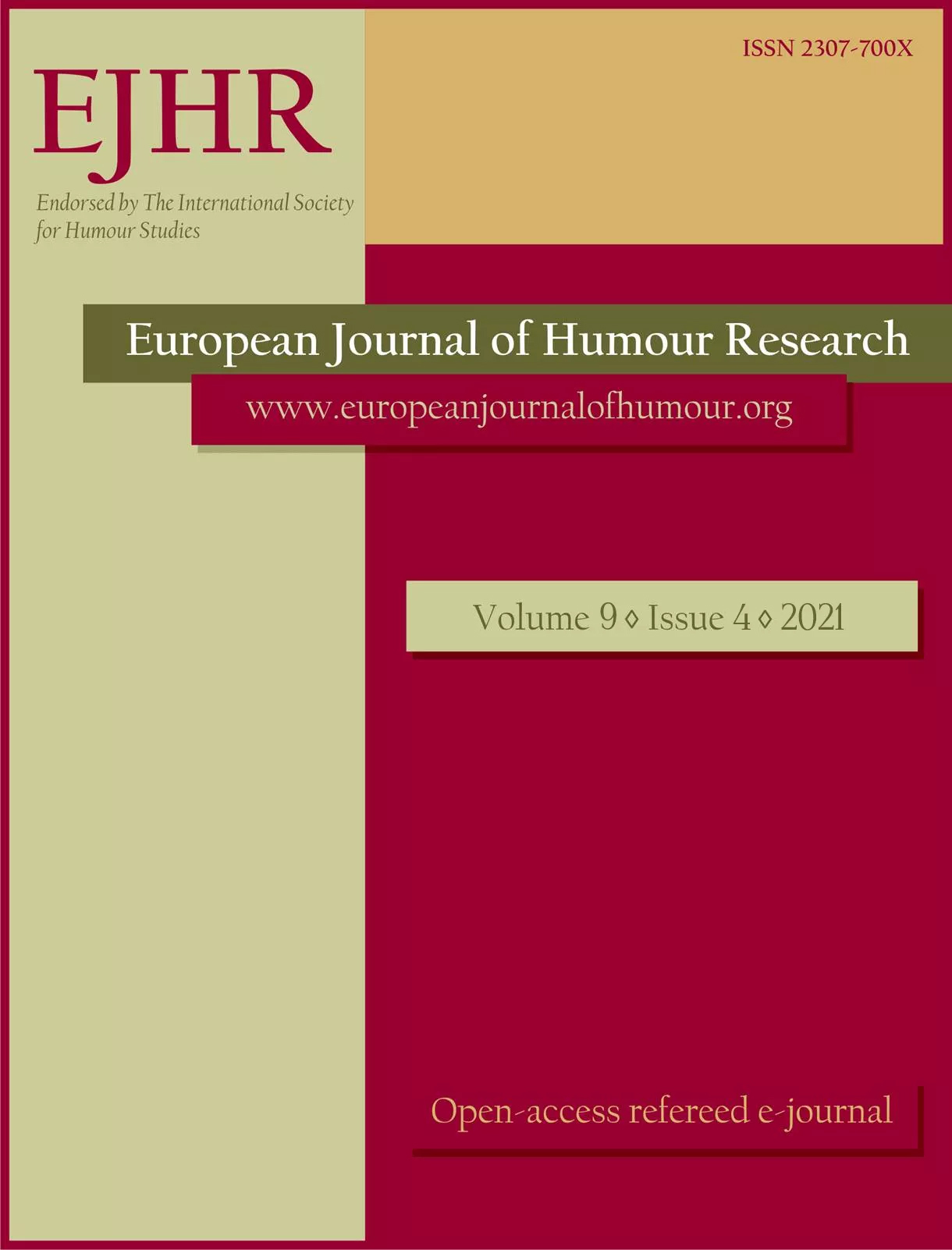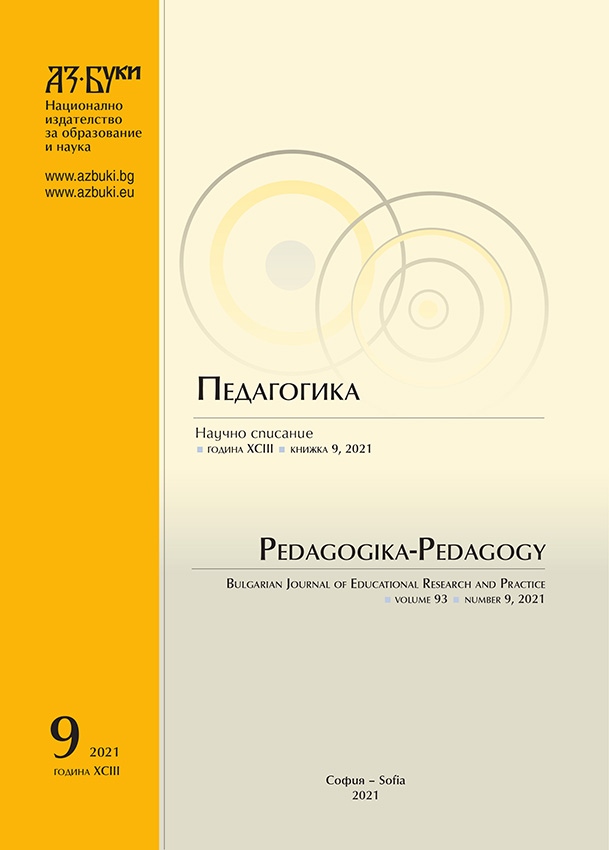
Гражданско образование и активност на студентите – между формалното и неформалното (във и извън аудитория) – педагогически паралели и проекции
The article aims to present the results of a study with students, dedicated to the connections and dependencies between formal and non-formal education. On the basis of the research, intersections and complementarities and discrepancies and deficits are outlined; the genesis of civic culture in the subjects; the challenges facing civic education and the connection between formal and non-formal education, incl. with a focus on real civic activity of students.
More...
